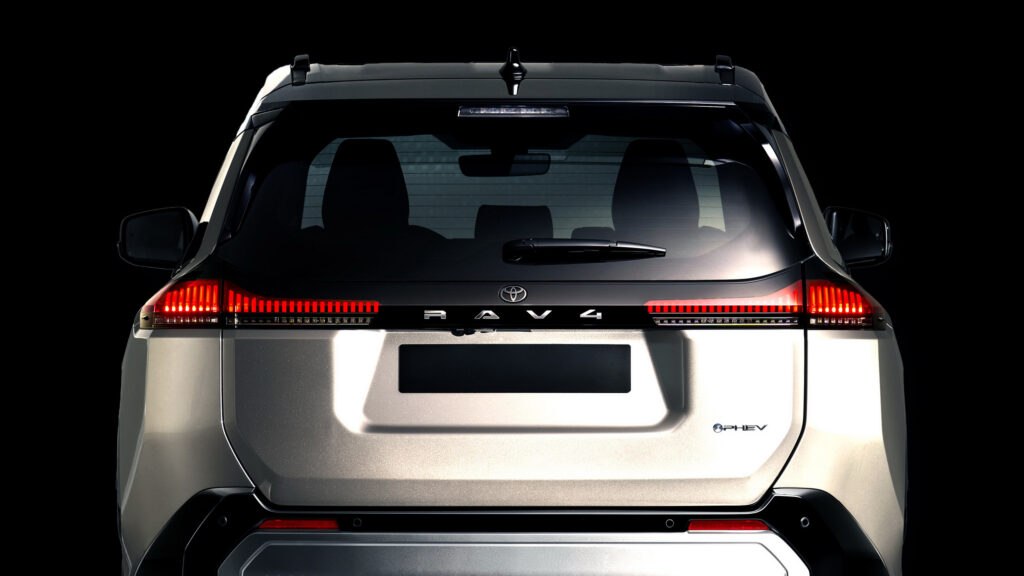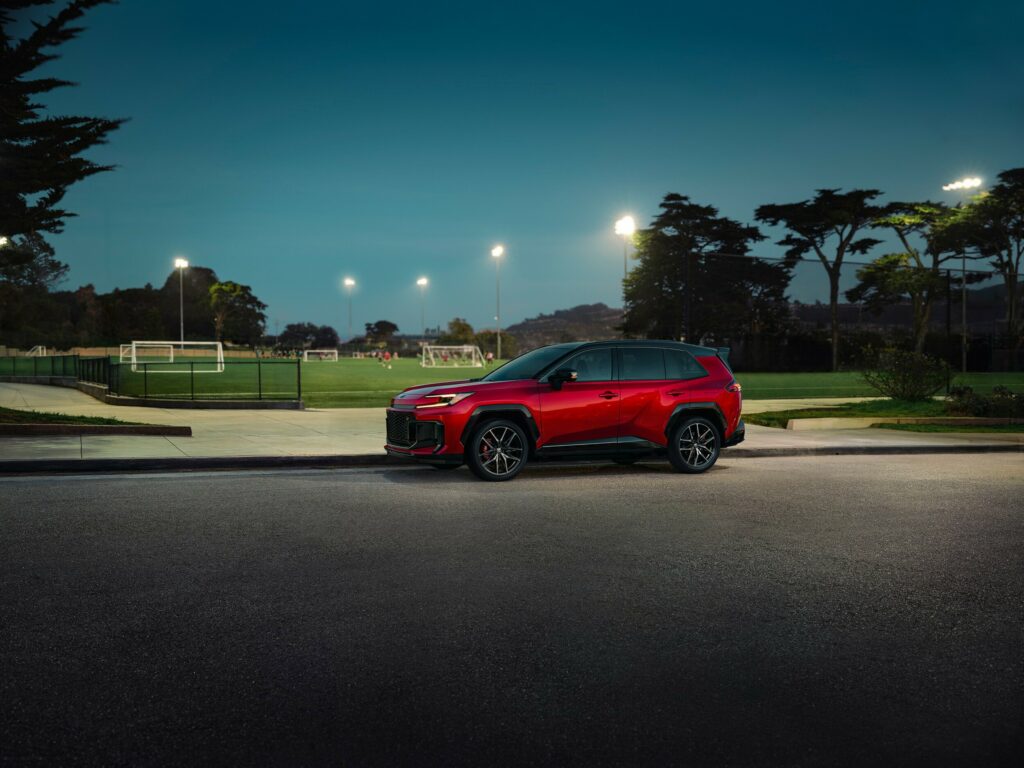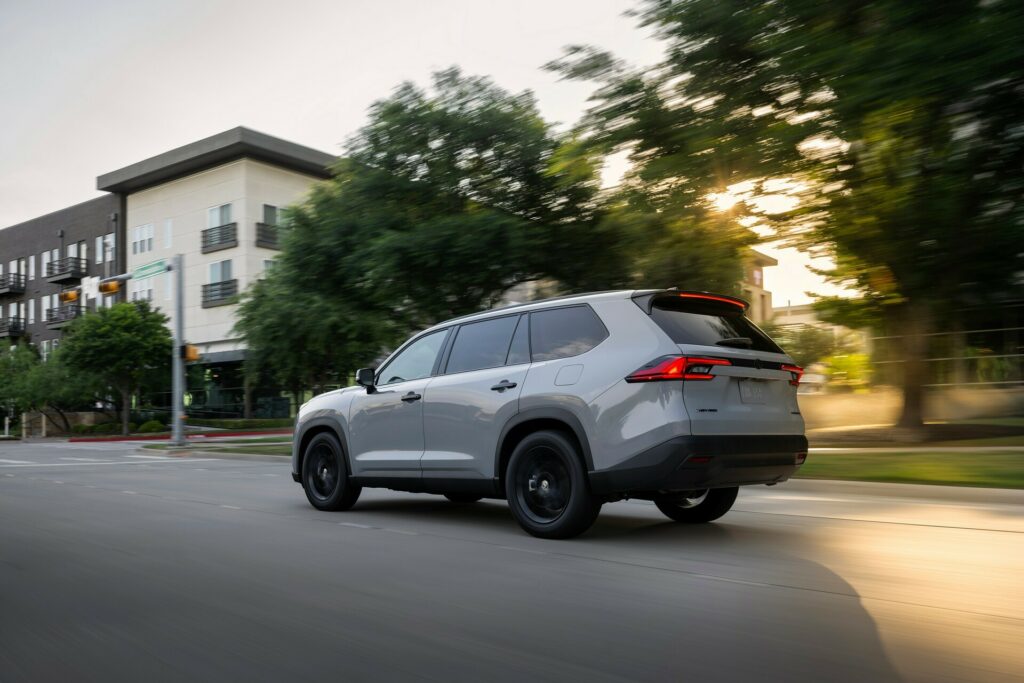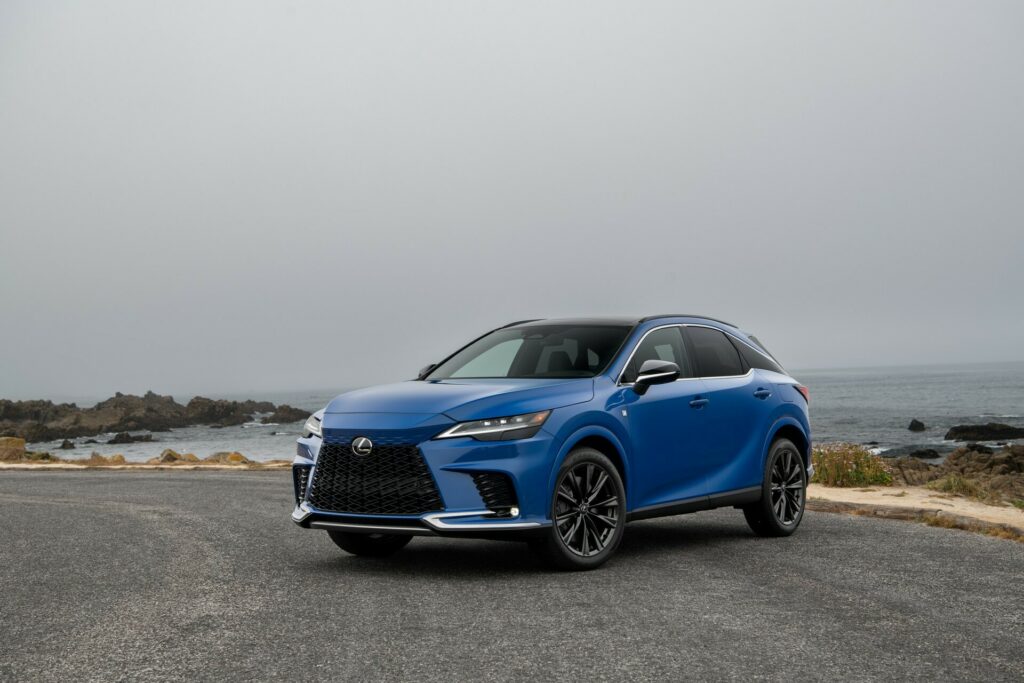Electrified Rides

When many automakers plunged headfirst into electric cars, Toyota took a step back, choosing a more cautious approach with hybrids and plug-in hybrids, albeit launching a few fully electric models as well. This strategy seemed conservative at first, but as time would tell, it was rather forward-thinking. The adoption of electric vehicles didn’t skyrocket as many had anticipated, leaving several automakers to scramble and adjust strategies.
Toyota’s Supremacy in PHEVs

Toyota’s commitment to plug-in hybrids (PHEVs) is evident in its ambitious plan to have 20% of its U.S. sales come from PHEVs by 2030. The lineup includes models such as the Prius and the RAV4, and over at Lexus, the RX, NX, and TX have hybrid options. In 2024, approximately 2.4% of Toyota’s U.S. sales were from PHEVs. Toyota and its luxury brand, Lexus, saw a steep rise in sales of these models recently, with figures jumping by roughly 39% last year.
Future Prospects

David Christ, head of Toyota’s North American operations, has hinted at more plug-in hybrids coming down the line. They are not just expanding their portfolio but also improving the EV-only range on these vehicles. The 2026 Toyota Grand Highlander, for instance, with its powerful V6 engine paired with electric motors, delivers a robust 404 horsepower and an electric-only range of 33 miles.
The Driving Experience

Behind the wheel of a Toyota PHEV, one experiences a balanced harmony between gasoline and electric power. Acceleration is smooth and virtually silent, powered by the electric motor when running on battery. It’s an experience different from both traditional hybrids and full EVs—the transition between power sources is almost imperceptible. Compared to full EVs like the Tesla Model 3, the hybrid aspect offers peace of mind with no range anxiety for longer trips.
Even with electric vehicles popping up like daisies, it’s the PHEVs that seem to answer today’s market needs better. Combining the best of both worlds—gasoline for when charging ports are rare and electric for reduced emissions—they offer a practical bridge to a fully electric future.
Consumer Education
Toyota still faces challenges, primarily an educational gap. In 2021, a substantial number of potential buyers still believed hybrids needed plugging in. This misunderstanding underscores the need for awareness as the auto industry evolves. While PHEVs might not dominate Toyota’s lineup now, their importance is undeniable, serving as a crucial stepping stone in the transition to greener transportation.
Kia EV2 Debuts 2026
German Cars Face Tariffs
Tesla Tackles Trails
Skoda Vision Reborn
Firebird Ferrari Fusion